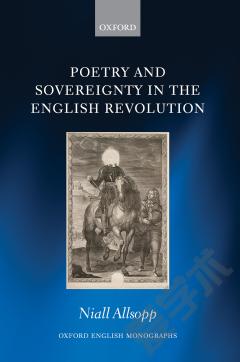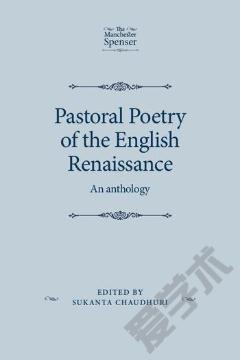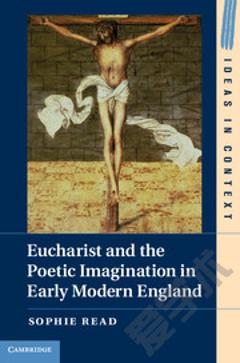Poetry and Courtliness in Renaissance England
Model court conduct in the renaissance shared many rhetorical features with poetry. Analyzing these stylistic affinities, professor javitch shows that the rise of the courtly ideal enhanced the status of poetic art. He suggests a new explanation for the fostering of poetic talents by courtly establishments and proposes that the court stimulated these talents more decisively than the renaissance school. The author focuses on late tudor england and considers how queen elizabeth's court helped poetry gain strength by subscribing to a code of behavior as artificial as that prescribed by castiglione. Elizabethan writers, however, could benefit from the court's example only so long as their contemporaries continued to respect its social and moral authority. The author shows how the weakening of the courtly ideal led eventually to the poet's emergence as the maker of manners, a role first subtly indicated by spenser in the sixth book of the faerie queene.
{{comment.content}}








 京公网安备 11010802027623号
京公网安备 11010802027623号